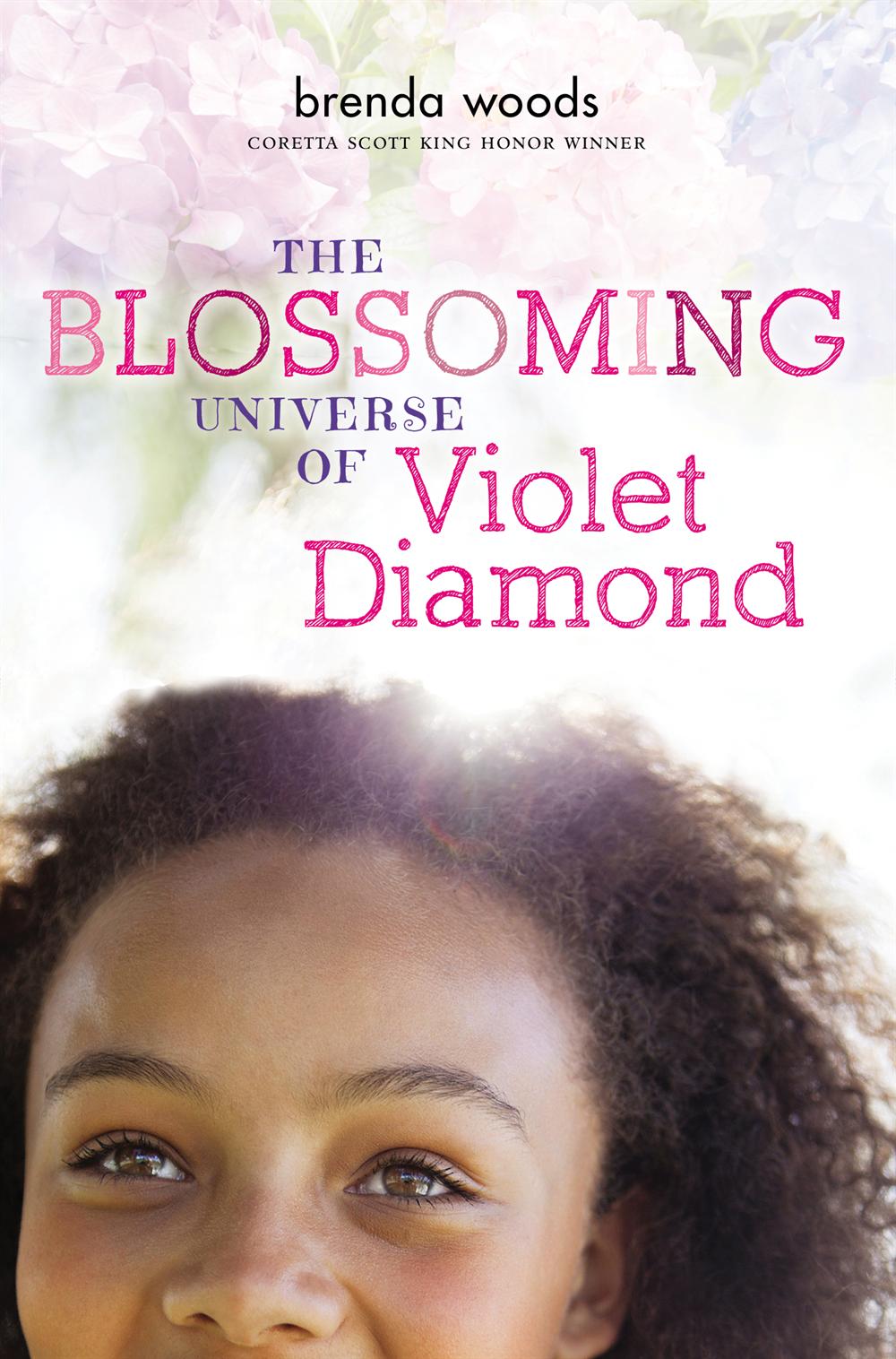2018 School Spending Survey Report
The Blossoming Universe of Violet Diamond
240p. Penguin/Nancy Paulsen Bks. 2014. Tr $16.99. ISBN 9780399257148.
COPY ISBN
 Gr 4–6—Violet Diamond's father died in a car accident two months before her birth, and the 11-year-old has always felt that a piece of her was missing. As the daughter of an African American father and Caucasian mother, she is frustrated with narrow racial assumptions directed at her by those living in her predominantly white neighborhood in Seattle. After eavesdropping on an eye-opening family conversation, Violet digs around and finds out that Roxanne Diamond, the estranged paternal grandmother she's never met, is having an art exhibition in Seattle, and the resourceful tween vows to meet her. Complex family history renders their first meeting awkward and tense, but Roxanne genuinely wants to be involved in her granddaughter's life. Violet travels with her grandmother to Los Angeles to meet her father's relatives and better understand her African American heritage. Violet's charming quirks, which include nighttime wishing rituals and keeping a mental catalogue of sophisticated vocabulary words, prove endearing. In this quiet story, Woods's admirably touches upon profound issues related to identity and race and tenderly conveys intergenerational bonds.—Lalitha Nataraj, Escondido Public Library, CA
Gr 4–6—Violet Diamond's father died in a car accident two months before her birth, and the 11-year-old has always felt that a piece of her was missing. As the daughter of an African American father and Caucasian mother, she is frustrated with narrow racial assumptions directed at her by those living in her predominantly white neighborhood in Seattle. After eavesdropping on an eye-opening family conversation, Violet digs around and finds out that Roxanne Diamond, the estranged paternal grandmother she's never met, is having an art exhibition in Seattle, and the resourceful tween vows to meet her. Complex family history renders their first meeting awkward and tense, but Roxanne genuinely wants to be involved in her granddaughter's life. Violet travels with her grandmother to Los Angeles to meet her father's relatives and better understand her African American heritage. Violet's charming quirks, which include nighttime wishing rituals and keeping a mental catalogue of sophisticated vocabulary words, prove endearing. In this quiet story, Woods's admirably touches upon profound issues related to identity and race and tenderly conveys intergenerational bonds.—Lalitha Nataraj, Escondido Public Library, CAEleven-year-old Violet, whose African American father died before she was born, has always felt different from her white mom and half-sister. Then Violet meets her paternal grandmother, and the two quickly form a strong bond that fills a void in each of their lives. Woods carefully fuses an affirmation of familial love's healing properties to a gentle exploration of cultural and racial identity.
Stars a likable, relatable heroine whose curiosity and enthusiasm about everything from her own background to new words, unfamiliar cities, and friends’ cultures will invite readers to explore along with her. Violet often feels caught between two worlds—while her loving mother and sister are white, and she has grown up in a mostly white community, strangers see Violet as black. Violet’s black father died before she was born, and she hasn’t met his side of the family. Anyone who has ever felt like an outsider will sympathize and identify with Violet’s desire to belong. Brenda Woods addresses racial identity with delicacy and honesty, and characters offer a range of valid perspectives and opinions on the meaning and importance of race. While one person prefers to see everyone as part of the human race and thinks the word “biracial” is unnecessary, another feels that “certain things are different if you’re black” and that black Americans face lingering and unconscious prejudices. Bibi is a complex character who is initially reluctant to connect with her granddaughter, a reminder of the son she lost. As Violet and Bibi bond, Bibi makes Violet feel welcome and loved while drawing her into an expanded family.
ALREADY A SUBSCRIBER? LOG IN
We are currently offering this content for free. Sign up now to activate your personal profile, where you can save articles for future viewing





Be the first reader to comment.
Comment Policy:
Comment should not be empty !!!